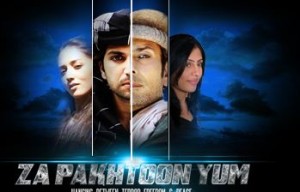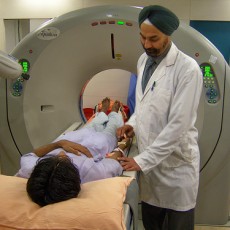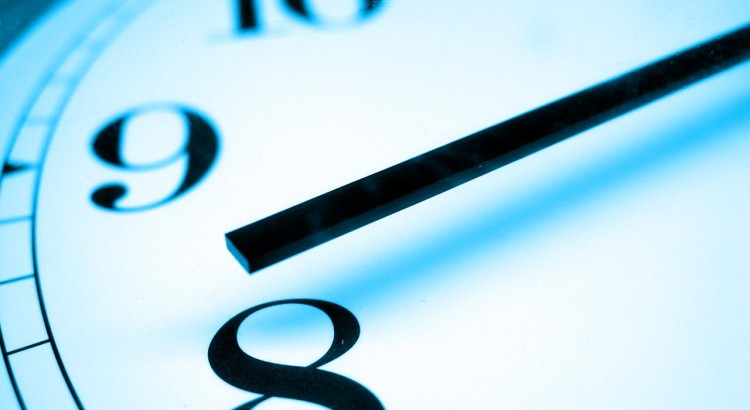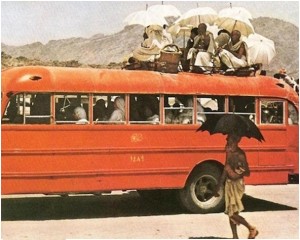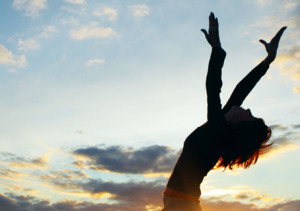Four matches will be hosted by Eden Park, Auckland in the Cricket World Cup 2015 next year. The first match will be held between co-hosts New Zealand and Australia on 28th February. Pakistan will take South Africa head-on at Eden Park. Other prominent match will be of Zimbabwe and India. The Eden Park will also be hosting the first semi-final on 24th of March.
Matches
Australia v New Zealand, 28 February 2015 (Day/Night)
South Africa v Bangladesh, 7 March 2015 (Day/Night)
India v Zimbabwe, 14 March 2015 (Day/Night)
TBD V TBD, Semi Final 1, 24 March 2015 (Day/Night)
Read More at PARHLO
 +
+
These
ently. We may have dreams, but pursuing dreams need persistence, resources,5 thoughts are killing your motivation
We all live in a world where it’s hard to do things
differ luck, and what not. As the result, hopelessness grows and we lose on
our aims and goals. However, there is one thing that keeps us moving towards
our goal no matter what the circumstances and setbacks we come across in the
journey. That thing is the motivation.
Motivation is derived from our thoughts and they, only, have tendency
to kill motivation. We have to be mindful of these thoughts if we have to keep ourselves
motivated. Here are 5 thoughts that you need to be aware of to
be able to ignore them and experience internal power known as
motivation.....Read More at Peace Quarters
Tagged with: Motivation
Mindfulness, Motivational
Quotes, Self Esteem, life, Self Help
 +
+
5 Behaviors That Suggest You Are Purposely Walking Towards a Bleak Future!
You wake up and irritation runs all over your body, and you feel lethargic to even move with body aching in pain as if you have run for a marathon. If that’s the case, beware of it. Depression may have been the reason behind this and if <a href="http://www.peacequarters.com/5-behaviors-that-suggest-you-are-purpo

